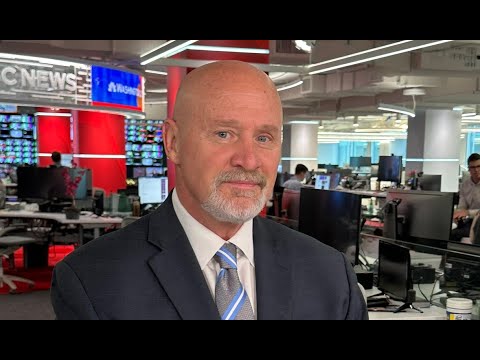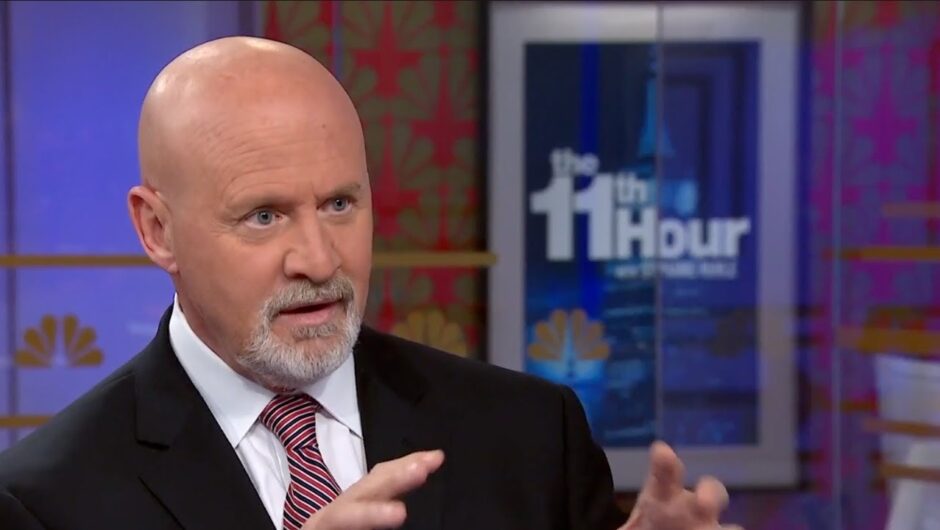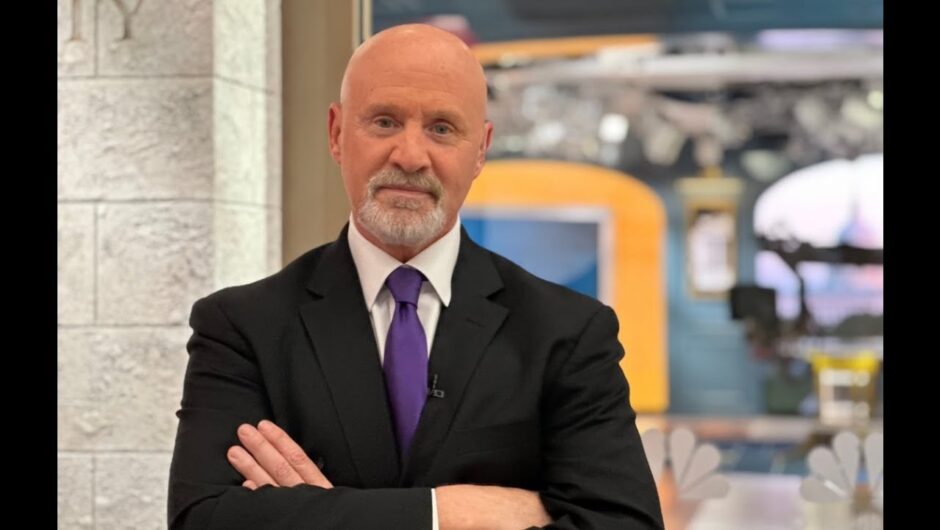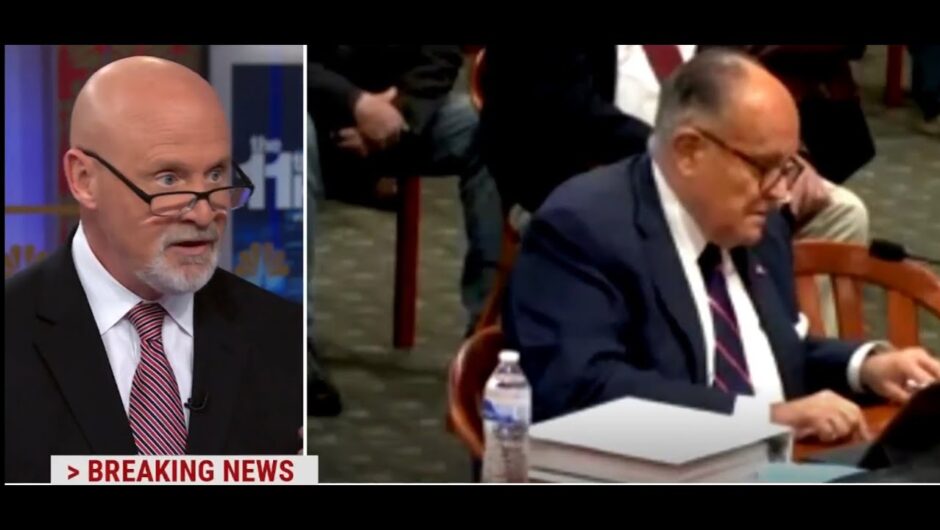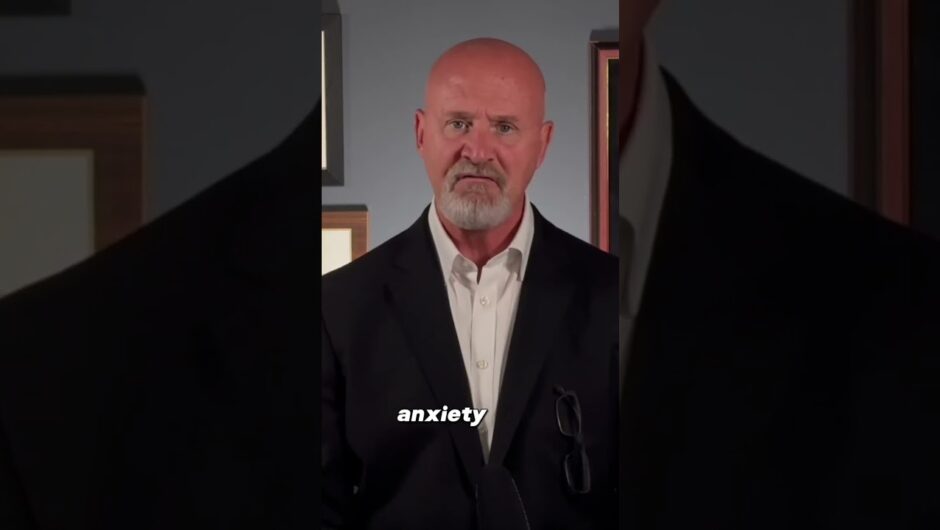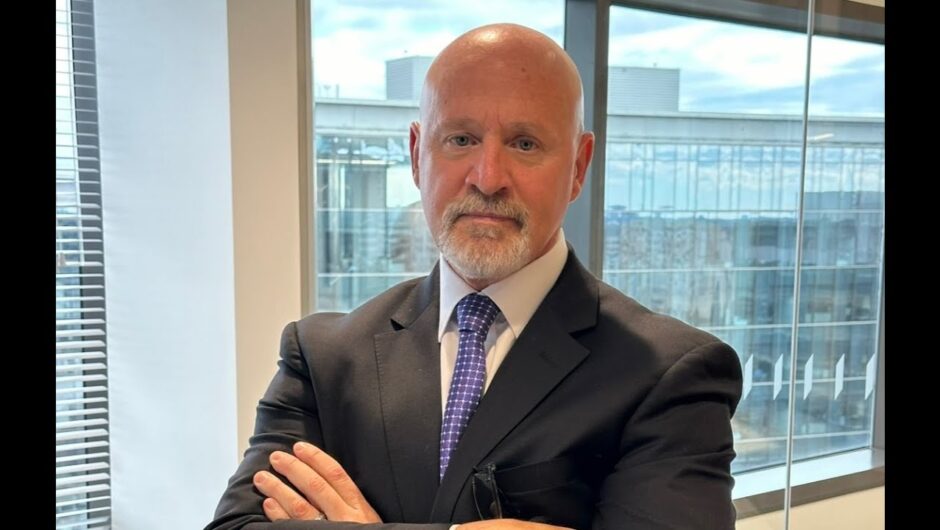The development of effective vaccines for COVID-19 in only a year is an outstanding achievement, but the past week has shown the need to keep the public informed if a mass immunisation program, due to start in a month, is to succeed.
The federal government has made heavy weather in the past week of explaining its strategy. Last Tuesday the Australasian Virology Society and the Australian and New Zealand Society for Immunology told the Herald the government should put on hold the immunisation program which is due to start in the second half of February. Both societies later withdrew their objections.
The scientific issues are complex but they arise in part from the global shortage of the three vaccines so far approved by credible regulators. The three manufacturers – Pfizer, Moderna and AstraZeneca – cannot produce enough to meet the demands from rich countries in the US, Asia and Europe battling thousands of daily deaths, let alone from developing countries.
The Australian government has access to 54 million doses of the AstraZeneca vaccine, or more than enough to vaccinate the entire population. But to date, it has sourced only enough of the Pfizer vaccine for 5 million people.
This poses a dilemma because in the clinical trials last year which paved the way for their approval Pfizer produced better results than AstraZeneca in some respects. The complaints from immunologists on Tuesday reflected concern that Australia was rushing out a vaccine that, while safe, was second best.

